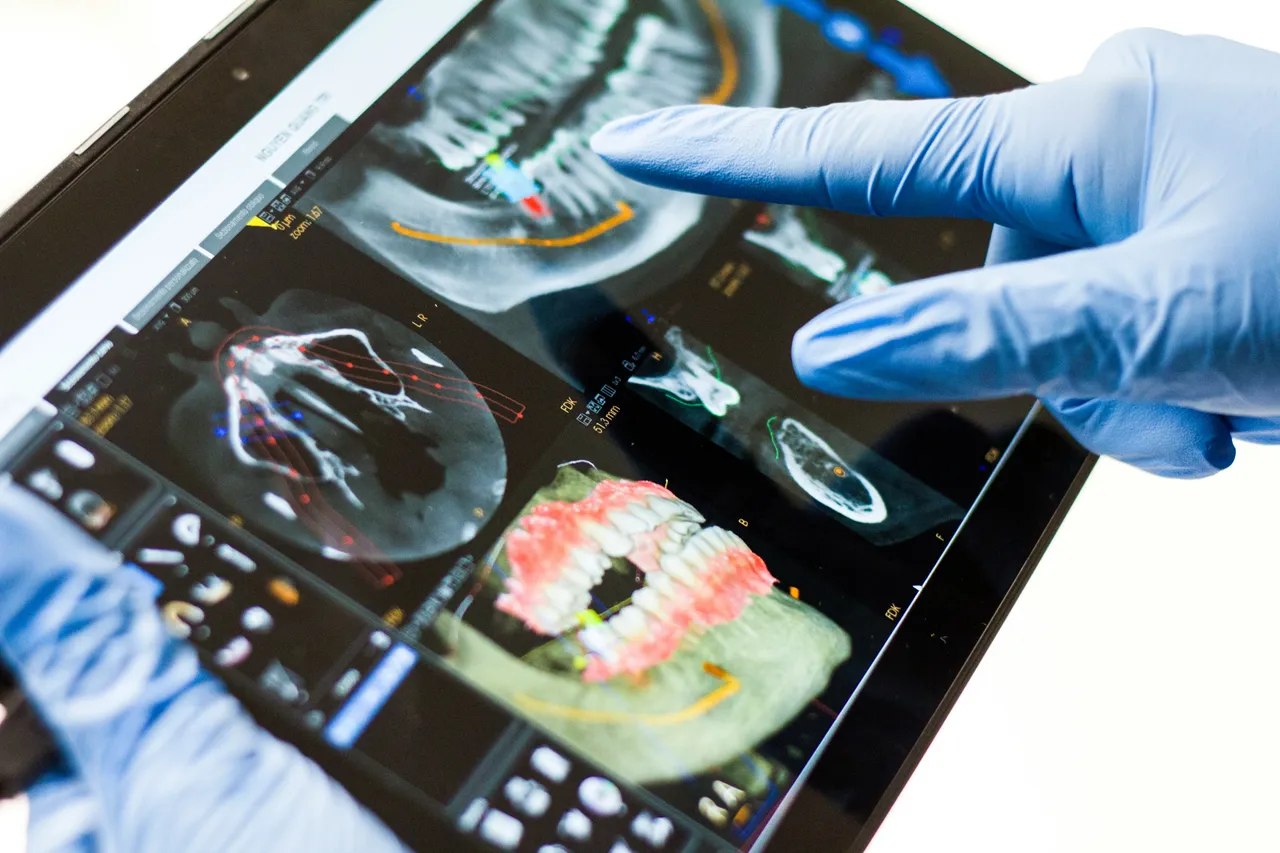The Future of Work: How Technology is Shaping the Next Generation of Careers
The workplace is evolving at an unprecedented rate, driven by relentless technological advancements. This transformation is not merely about the adoption of new tools but involves a fundamental shift in how careers are defined and pursued. Let's delve into the intricate ways technology is shaping the future of work and what it means for the next generation of professionals.
The Digital Transformation of Industries
The digital revolution has permeated every sector, from manufacturing to services, altering job roles and industry demands. Traditional roles are becoming increasingly integrated with technology, necessitating a new set of digital skills across all levels of employment. For instance, data analytics is now a critical component of decision-making processes in various sectors, including healthcare, finance, and retail. This integration of digital tools has not only streamlined operations but also opened up new avenues for innovation and efficiency.
Moreover, the rise of artificial intelligence (AI) and automation is transforming job landscapes, automating routine tasks and creating demand for higher-level analysis and decision-making skills. This shift highlights the importance of adaptability and continuous learning for professionals aiming to stay relevant in their fields.
The Gig Economy and Flexible Work Arrangements
The concept of work is being redefined, with more individuals seeking flexible work arrangements and project-based roles. The gig economy, powered by platforms that connect freelancers with short-term engagements, is flourishing, offering unprecedented freedom and flexibility for workers. This trend is not only attractive to the younger workforce but also aligns with the changing nature of tasks that can be completed remotely or on a flexible schedule.
However, this shift also presents challenges, including job security and access to traditional employment benefits. As the gig economy expands, there's a growing need for policies and systems that support these non-traditional work arrangements, ensuring a fair and equitable work environment for all.
The Role of Education and Lifelong Learning
As technology continues to evolve, so does the requirement for skills and knowledge. The importance of education, particularly in STEM fields, has been significantly amplified. However, it's not just about formal education; the concept of lifelong learning is becoming essential. Professionals must continually update their skills to keep pace with technological advancements and remain competitive in the job market.
This need for continuous learning has sparked innovation in the education sector, with a surge in online courses, bootcamps, and micro-credential programs designed to meet the demand for flexible, skill-specific education. These programs not only cater to new entrants into the workforce but also support seasoned professionals looking to pivot their careers or enhance their skillsets.
The Ethical Implications of Technological Advancements
With great power comes great responsibility. As technology reshapes the workforce, ethical considerations around privacy, data security, and the digital divide become increasingly significant. The accessibility of opportunities created by technology must be balanced with efforts to ensure that advancements benefit society as a whole, without widening existing inequalities.
Organizations and governments play a crucial role in establishing frameworks and policies that promote ethical technology use, ensuring that the future of work is not only innovative but also inclusive and fair.
In conclusion, the future of work promises a landscape that is both exciting and challenging. Embracing technology while fostering an environment that supports continuous learning, flexibility, and ethical considerations will be key to unlocking the full potential of the next generation of careers. As we stand on the brink of this new era, it's clear that the path ahead will be shaped by our collective efforts to adapt and innovate.
This article was developed using available sources and analyses through an automated process. We strive to provide accurate information, but it might contain mistakes. If you have any feedback, we'll gladly take it into account! Learn more

